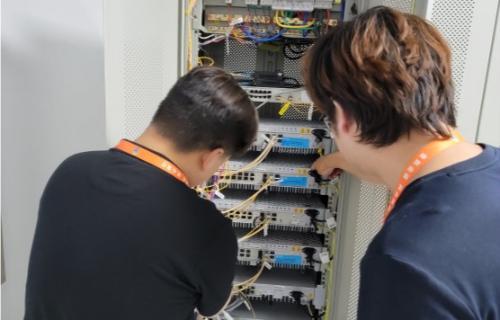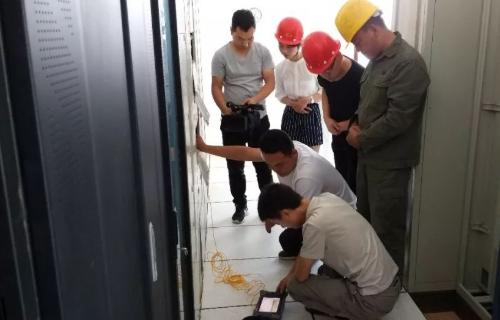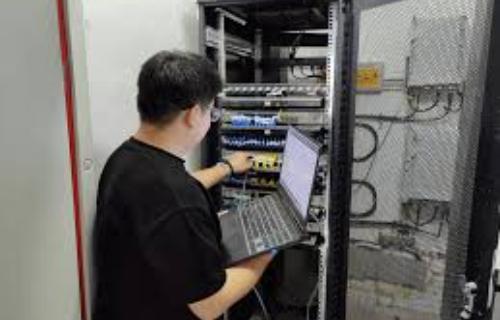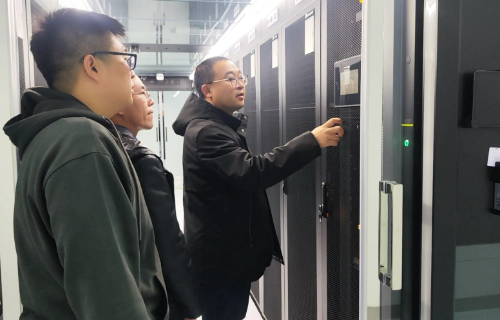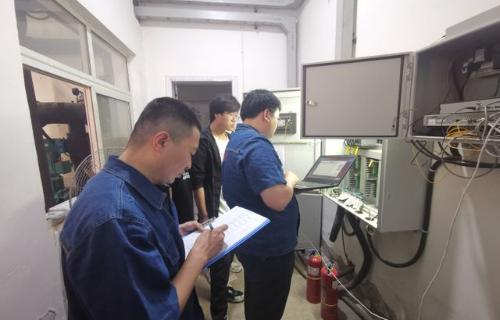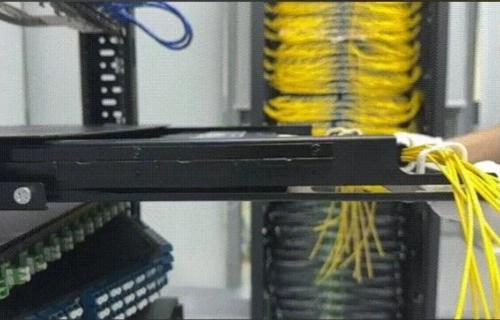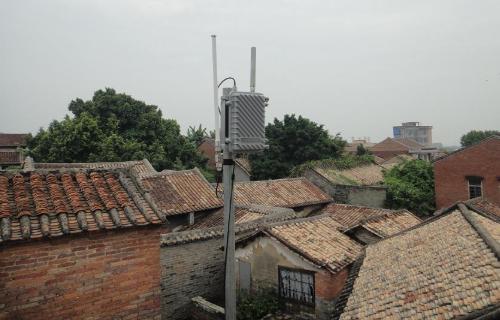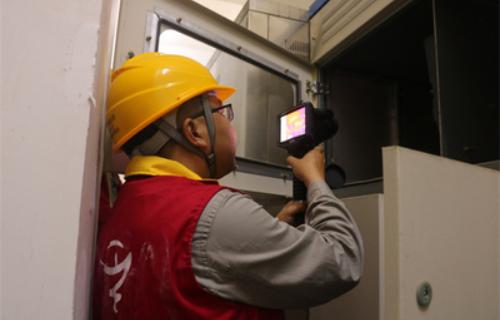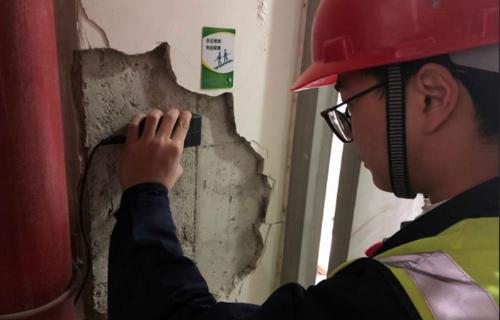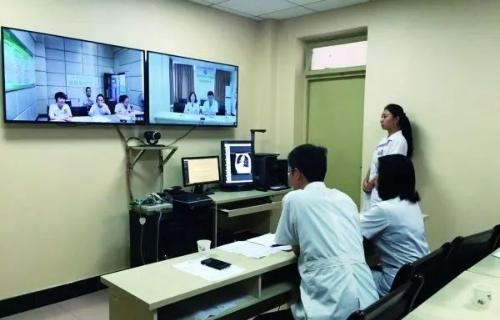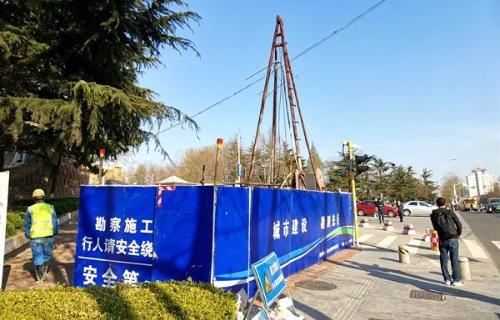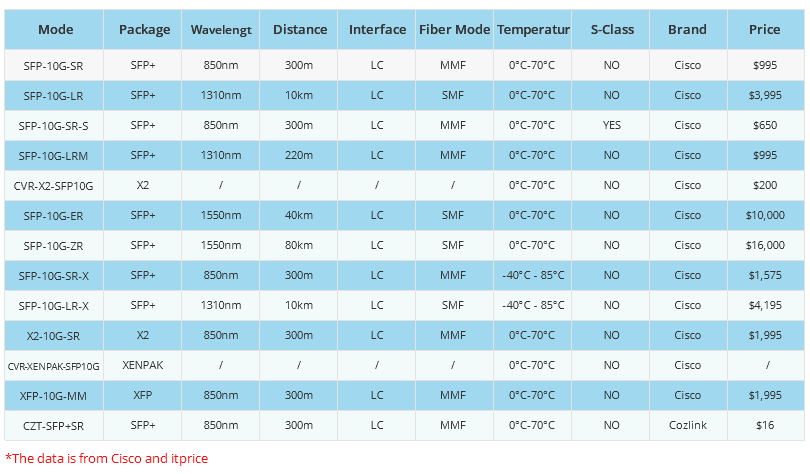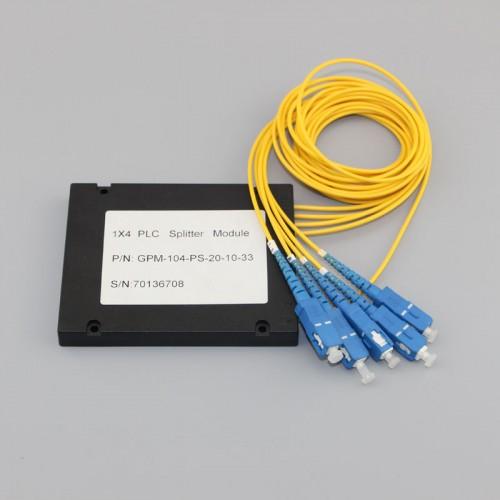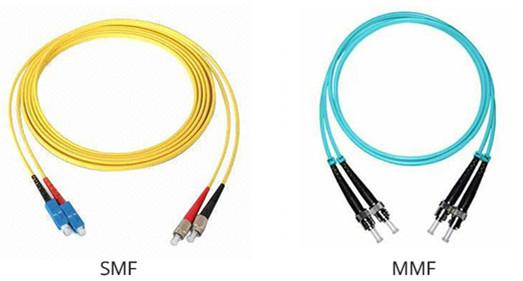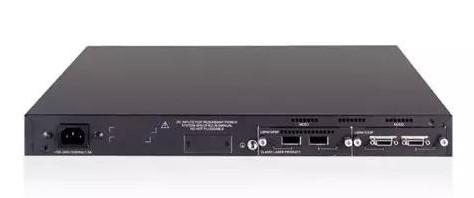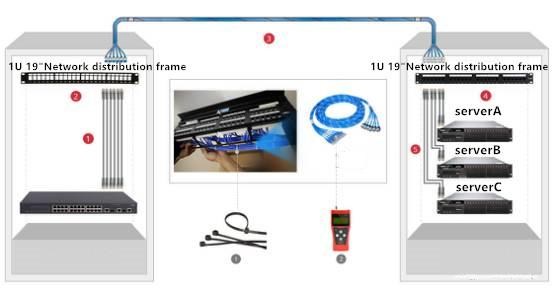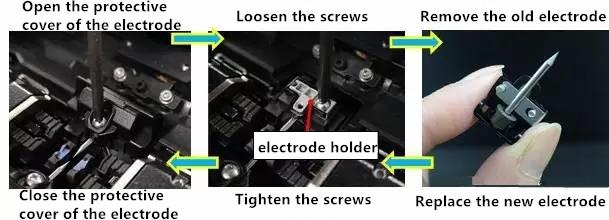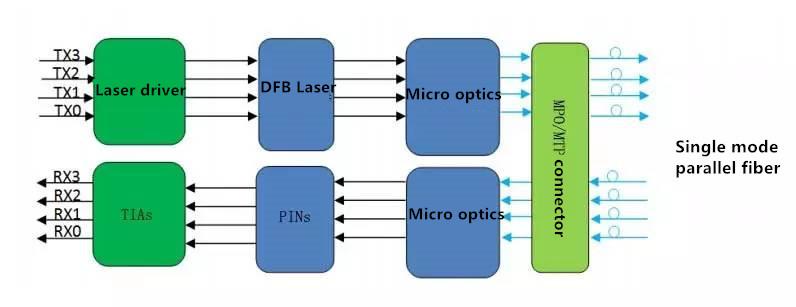- Related articles
- Cisco OneX Converter Module: the CVR-X2-SFP10G & CVR-X2-SFP10G=
- All Cisco DWDM-X2-44.53's information (List price, Specs, Datasheet PDF, Compatibility mat
- The difference between SFP and QSFP+
- All Cisco GLC-FE-T's information (List price, Specs, Datasheet PDF, Compatibility matrix)
- How to Test a Fiber Optic Transceiver?
- All Cisco DS-CWDM4G1470's information (List price, Specs, Datasheet PDF, Compatibility mat
- What is SFP in Networking?
- All Cisco ONS-SI-622-L1's information (List price, Specs, Datasheet PDF, Compatibility mat
- Optical Transceivers for Cisco WS-C3750E-24PD-S Switch
- Optical Transceivers for Cisco SRW2048-K9-UK Switch

Introduction
Fiber Optic Cables have brought great change in the communication industry and therefore, they have numerous significances in the business world. The demand of any Fiber Optic Cable is directly proportional with its importance. For that reason, it is very important to consider the significances of various fiber optic cables.
We use many modern technologies for communication in the modern world. Of these the most important one is the optical fiber communication. It refers to the medium and also the technology related to the transmission of data as light pulses on a glass or plastic wire or fiber. optical fiber carries rather more data than typical copper wire and is generally not subject to electromagnetic interference and the need to retransmit signals. Most of the telephone companies are currently using optical fiber for long-distance communication.
Transmission on optical fiber wire needs repeaters at distance intervals. The glass fiber needs additional protection within an outer cable than copper. For these reasons and because the installation of any new wiring is labor-intensive, few communities however have optical fiber wires or cables from the phone company’s branch office to local customers.
1. Fiber optic transmission is faster.
Fiber optic versus copper wire transmission can be boiled down to the speed of photons versus the speed of electrons. While fiber optic cables don’t travel at the speed of light, they come very close—only about 31 percent slower.
2. Fiber optic transmission results in less attenuation.
When traveling over a long distance, fiber optic cables experience less signal loss than copper cabling. This is called low attenuation. Copper cables can only transmit information up to 9,328 ft due to power loss, whereas fiber cables can travel between 984.2 ft to 24.8 miles.
3. Fiber optic cables are impervious to electromagnetic interference (EMI).
Copper wires, if not properly installed, will produce electromagnetic currents that can interfere with other wires and wreak havoc on a network. Fiber optic cables, unlike copper cables, do not conduct electricity.
4. Light cannot catch on fire.
An added benefit of fiber optic cables is that they are not a fire hazard. This can also be attributed to the same reason that the cables do not produce EMI—there is no electric current traveling through the core.
5. Fiber optic cables do not break as easily.
This means that you will not have to worry about replacing them as frequently as copper wires. Even though the fiber is made of glass, copper wires are more prone to damage than fiber optic cables are.
Conclusion
In real sense, Fiber Optic Cable has brought a new face in the communication industry with numerous benefits. As outlined above, Fiber Optic Cable helps the users with a great margin. However, you should learn of the Fiber Optic Cable importance before you purchase it.








































